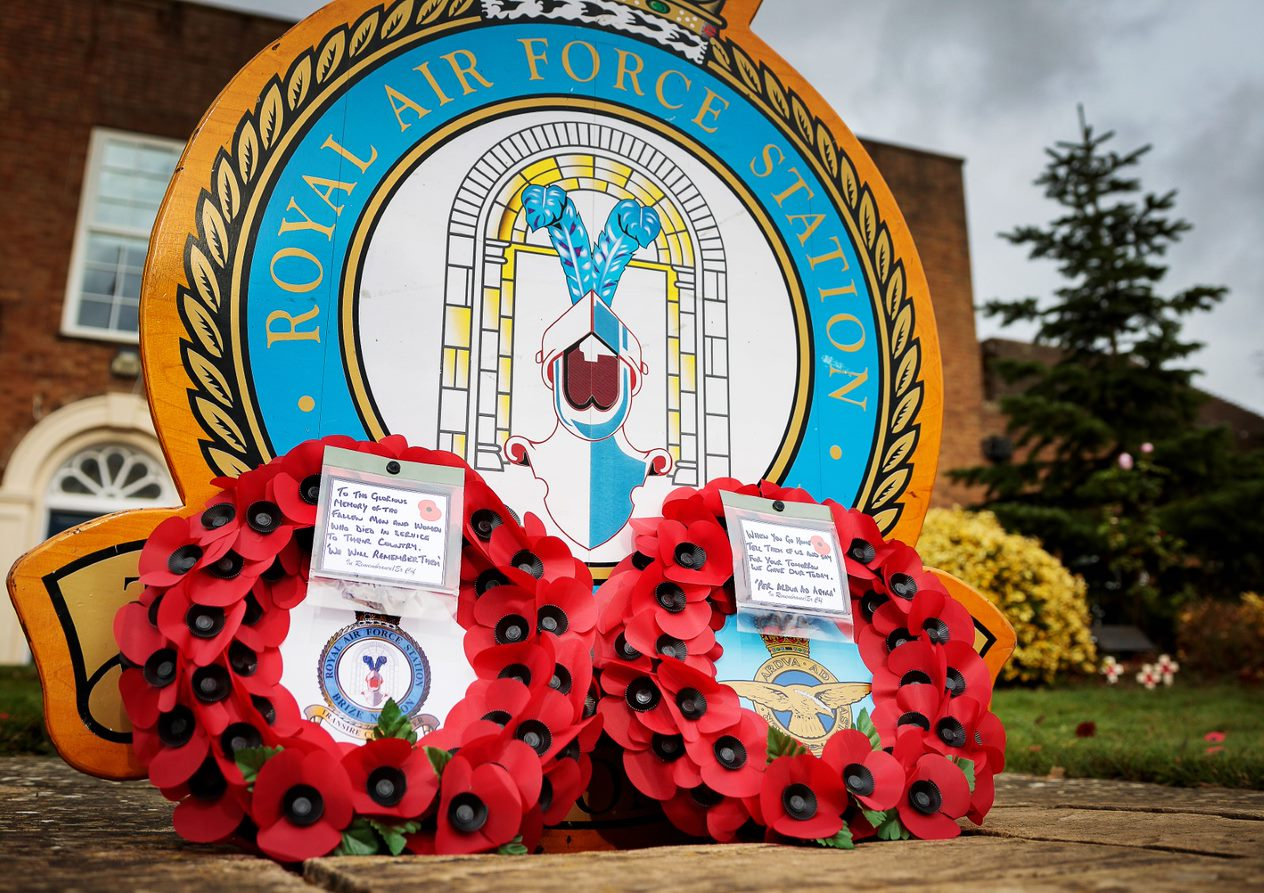We are about to keep Remembrance Sunday and commemorate, once more, the 1918 Armistice. It is one of the last truly national rituals left to us. Whoever you are, you are aware of poppies and war memorials, of the Royal Albert Hall, the Cenotaph and the Chelsea Pensioners. You are drawn into the ceremonies that symbolise remembrance, the gratitude and the care of our nation. Every society, every people needs a day such as this both to remember and to think.

I once thought that we would have to work harder in the future to keep the collective memory alive… of what it was like when nations go to war, ways of life that are nearly destroyed, futures and freedoms taken away, carrying physical and emotional injuries for the rest of our lives.
But over the last 2 years the landscape of war remains only too well known to us. The battle against the unseen enemy, COVID-19, continues… and, more recently, the events of Operation PITTING, rather than drawing a line in the Afghanistan sand, have rekindled our memories and reignited our emotions. Our world is as precarious today as it has ever been, more so in some ways. Two years after the pandemic began and some 30 years after the Iraq War, their aftermath lingers on. The unfinished business of war casts a long shadow. Its victims are always with us.
The trouble is that all this is so big in its scope. We look back to 1914, 1939, 1990, 2019 and the other conflicts of our age - lesser maybe in scale, but not lesser to those who were its victims. How do you begin to take it in?
Our Armistice ceremonies and traditions are a way of holding, and handing on, raw memories of pride and shame, bravery and cowardice, outrage and fear, comradeship and sacrifice. We find our own meanings in them; we think our own thoughts and pray our own prayers during the two-minute silence. The risk is, however, that the rhetoric of remembrance becomes too broad, too funereal, too generalised for us to make sense of it.
What does Christianity have to say about all this?
Every Sunday is a remembrance Sunday, for every Sunday we remember a dying and a death. It is individual and specific: one man's pain and darkness, one man's broken body and shed blood, one man's mother and best friend looking on in grief as his life ebbed away on the cross. We interpret death in the light of the death of Jesus; where God suffers with every human soul, each one cherished by Him, each death mattering to Him. The cross ties our human suffering to God’s for eternity. We remember. God remembers.
Time gives a perspective from which meanings can become clearer; the picture comes into focus. However, we must learn in the ceremonies of remembrance not to think we simply make it better with fancy speeches that gloss over the particularities of suffering, loss and grief.
The experience of wondering where God is, our lament and outrage at a God who does not come to rescue us is a familiar human experience. And the resurrection does not simply make life “all right”, even for those of us who hold it dear.
At least, not yet.
We glimpse a future that could be different, indeed, will be different according to our Christian hope. We remember forward to what will dawn one day; to that other country whose “ways are ways of gentleness, and all her paths are peace”. For many this seems as far away as ever, further away, I think, than it seemed earlier in the 21st Century. Our world is not in a good place as we reflect and remember.
All the more reason, then, to make sure our acts of remembrance lead us into prayer for the future of humanity. And into reflection, so that we ask ourselves what we have learned from the past and how we intend to act on it.
Memory, prayer, wisdom and resolve are the antidote to desperation and despair… and these are among the things that will make for "good remembrance".










